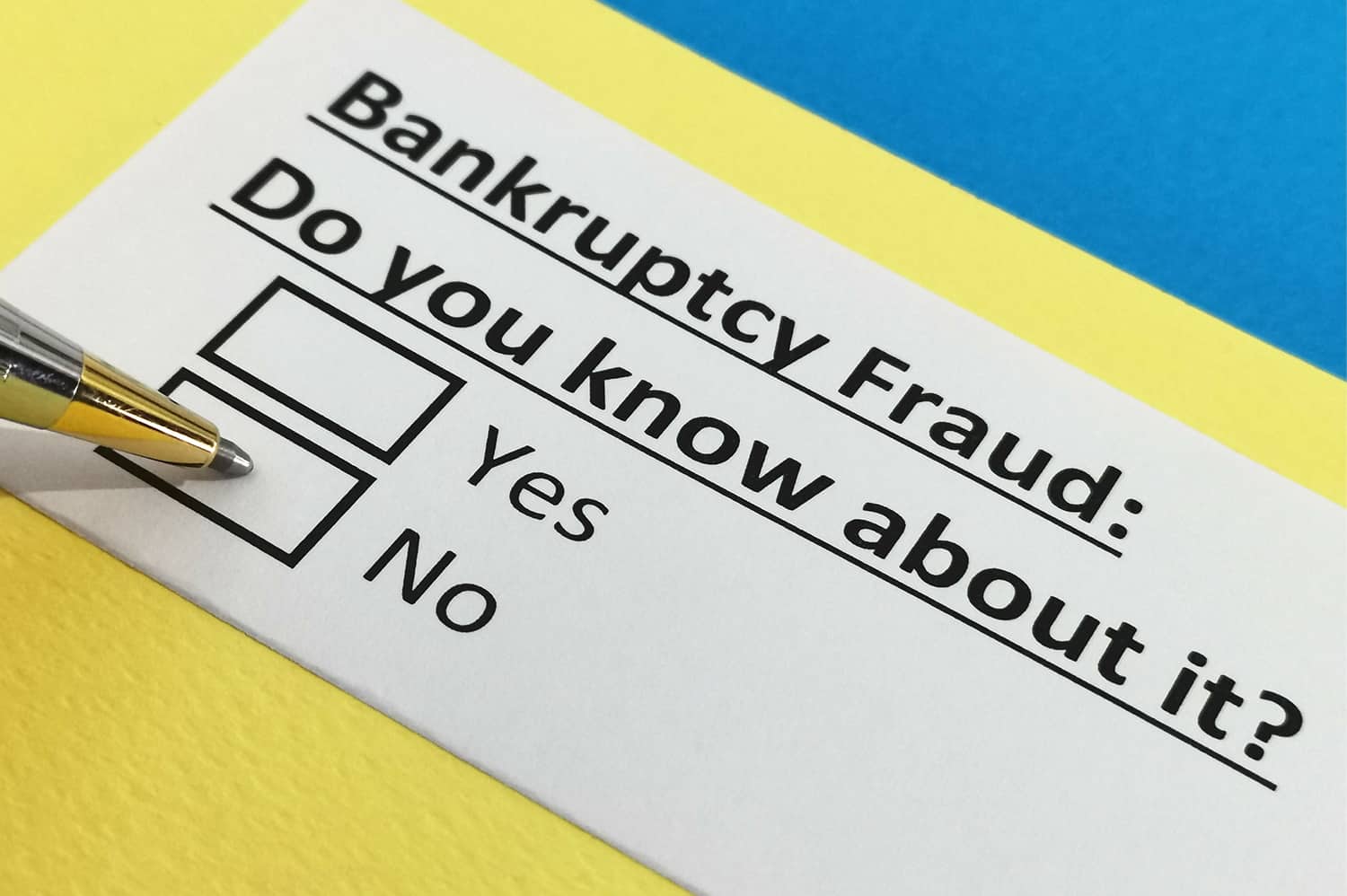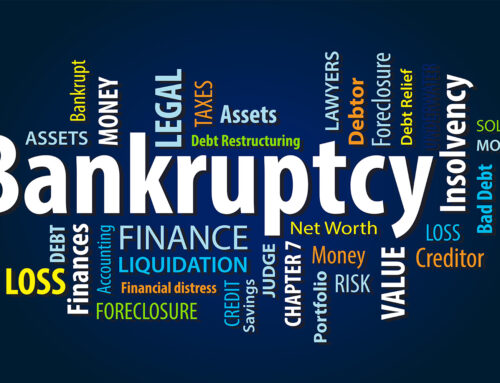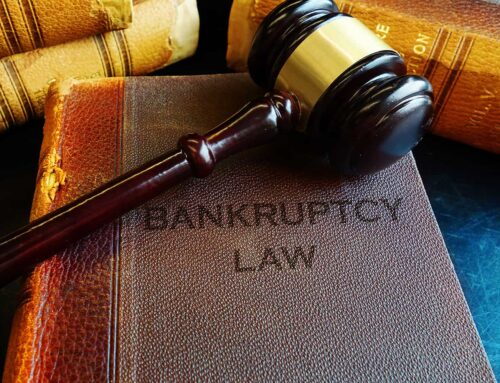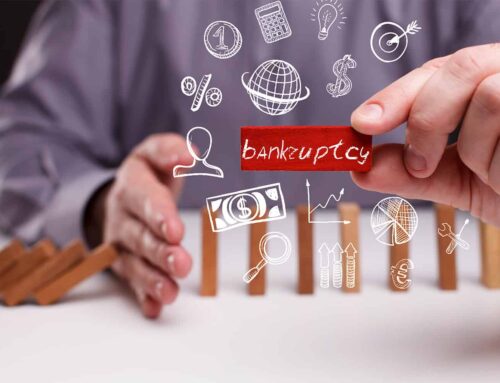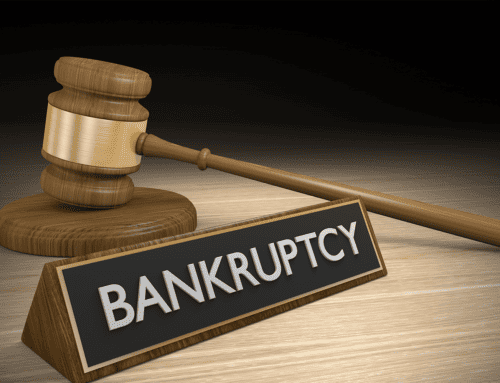Very few people set out to commit bankruptcy fraud. At first, the promise of no more collection calls provides an overwhelming sense of relief. Then reality sets in as debtors fill out pages of bankruptcy forms and search for bank statements and check stubs to document everything. Perhaps the final straw is deciding which California exemption schedule to select for the best bankruptcy outcome.
At this point, many bankruptcy petitioners no longer feel they are getting a fresh start, and the temptation to omit items from the list of assets or give them to a friend for safekeeping can become overwhelming. If the debtor gives in, and violations are inevitably exposed, the repercussions that follow are more agonizing than anything experienced earlier.
Get a Grip on Bankruptcy
If you’re considering bankruptcy, it’s important to tamp down emotions and grasp the meaning of this process. Bankruptcy gives you a clean, blank ledger sheet and the chance for a financial do-over. It’s a great opportunity to begin anew, but it is not one-sided. You have to fulfill your part of the deal, and this can cause some pain.
Honor Your Share of the Agreement
After determining your exempt items from one of the two California schedules, the remaining property is used to compensate your creditors according to the appropriate bankruptcy chapter.
If you petitioned under Chapter 7, the bankruptcy trustee appointed to your case verifies your nonexempt assets, sells them and allocates the money to your creditors in proportion to the debt owed each one. If your filing was made under Chapter 13, you reimburse your creditors for the worth of these items through your court-approved repayment plan that runs from three to five years.
Realize When Bankruptcy Fraud Occurs
Whenever you hide cash, property or vehicles, transfer them to others, sell them below value or omit them from bankruptcy forms, your actions may be considered bankruptcy fraud.
A determining factor is whether you carried these actions out with knowledge and intent. If you forgot about a box with $500 in savings bonds from your grandparents, failure to list them probably would not constitute fraud. Omitting a large, valuable asset such as a motor home in your driveway, however, probably qualifies as bankruptcy fraud.
Fraud that precedes bankruptcy often involves debts incurred without any means or intent to repay, such as taking out cash advances with the idea of discharging them in bankruptcy. It may also involve putting incorrect or misleading information on loan applications.
Even after the petition is filed, fraud can arise. Most instances involve misrepresentations on bankruptcy forms, concealment of recent property transfers and false statements made to the trustee or at the required meeting with creditors.
Recognize Differences Between Civil and Criminal Bankruptcy Fraud
A number of contrasts exist between these two types of fraud in terms of jurisdiction, the burden of proof and resulting consequences.
Civil Bankruptcy Fraud
Creditors usually initiate civil fraud with an adversary proceeding that challenges a particular debt, often on the grounds of falsifying information or lacking the intent to repay the commitment. The level of proof is lower than in criminal cases, and penalties might include denying discharge of the disputed debt or even dismissing the entire bankruptcy case.
Criminal charges usually result from more extensive plots involving bank or tax fraud, identity theft or bilking numerous creditors. The FBI conducts investigations, and the Department of Justice prosecutes the case. The court requires a higher burden of proof than civil bankruptcy fraud demands. If convicted, stiff penalties range from restitution and extended probation to fines up to $250,000 and prison sentences as long as 20 years.
Additional Consequences
Since bankruptcy fraud is a federal felony, painful ramifications extend beyond immediate sentencing. Convicted felons can lose their right to own firearms, travel outside the U.S., receive welfare benefits, pass security clearances or even vote.
Find an Experienced Bankruptcy Attorney To Ease the Pain
Whether it’s the confusion of navigating the bankruptcy process or avoiding the trap of bankruptcy fraud, the knowledgeable specialists at The Law Offices of Brent D. George want to help you leave your painful past and start over with a bright financial future. Contact our law offices today for a free initial consultation.

